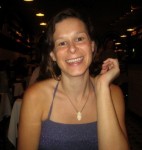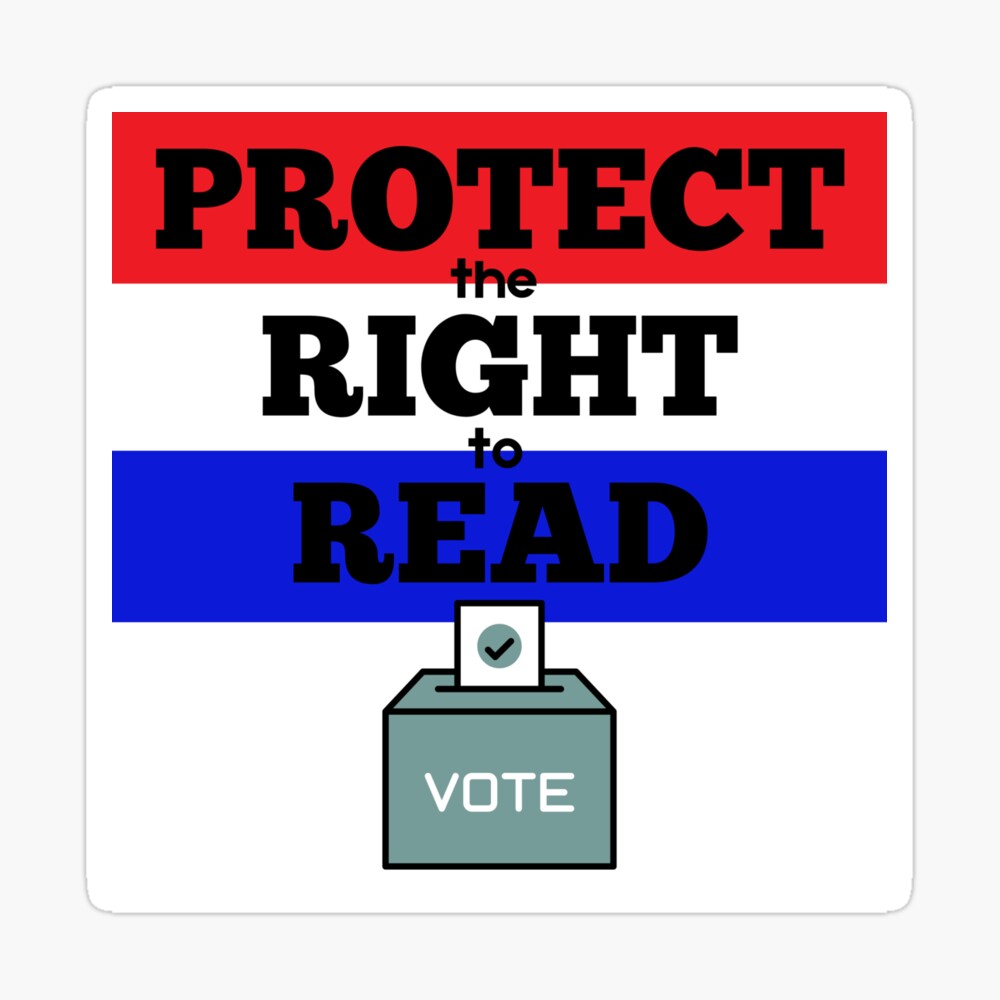Revision update: Got three chapters done today. On chapter 26 of 30. My goal was to finish by tomorrow and I don’t think that will happen. Sigh. But I’ll finish it next week.
This is my fifth and final post from the awesome Houston SCBWI conference. If you missed my earlier reports, Simon & Schuster editor Alexandra Cooper talks about submitting to an editor, including herself; Scholastic editor and author Lisa Ann Sandell talks about making your query letter package stand out; Balzer & Bray editor Ruta Rimas talks about what makes a great book; and National Geographic Children’s Books editor-in-chief Nancy Feresten talks about the future of publishing.
Today I’m featuring lovely agent Sara Crowe, who’s with the Harvey Klinger Agency. Sara gave a presentation called “Hitching Your Star to the Right Agent,” and said, “I do believe that there is a right agent for you, just like there is a right editor and a right house.”
She said that although rejections are difficult to take, writing is subjective, especially fiction. “Not everyone is going to love everything,” she said. (Good thing to keep in mind when you get a “this isn’t for us” letter.)
The matchmaking begins with the query letter, and Sara advised to be courteous, professional but persistant. (More good advice.) And she said to make sure the description of the book shows everything that is original and true about it. (Great advice!)
She also passed on some great advice she had picked up in her favorite writing book, Anne Lamott’s Bird By Bird: Before you write a query letter, focus on being a great writer. (I’ve read this book and can attest to how wonderful it is.)
On the subject of searching for the right agent, Sara said research them online and find out as much as you can about them. You should want to work with them before you query, she said. And when you’re researching, consider these things:
- What books the agent has sold;
- What kind of agency it is and whether you want to be with a big agency or small agency; and
- The agent’s experience and reputation with other writers.
After you’ve been offered representation:
- make sure the agent is passionate about your book; and
- have an open conversation about expectations, communication style, etc.
“There are so few instant successes that you need someone who really loves your book so they stick with you,” Sara said.
As for whether agents should edit, Sara said she loves going back and forth with writers to make the book perfect before it’s sent out and said she won’t send out anything that isn’t polished. She said that especially today, editors can’t take on a book that’s not completely polished because of the amount of work they have to do. That said, she explained that she generally looks at big picture changes, like plot and character, and leaves smaller changes to the editor.
“Revision’s a constant in this business, so embrace it. It never goes away,” she said.
An agent will also be the author’s negotiator for the best deal and general advocate for the whole process. Because of that, you must make sure your agent is someone you can trust.
For her own list, Sara said she represents mainly young adult but she likes middle grade too. She does fewer picture books, but she likes high-concept picture books.
Great advice. And it mirrored what agents Nathan Bransford and Andrea Cascardi said at the Austin SCBWI conference.
What do you think of what Sara said? Got any other tips?
Write On!







